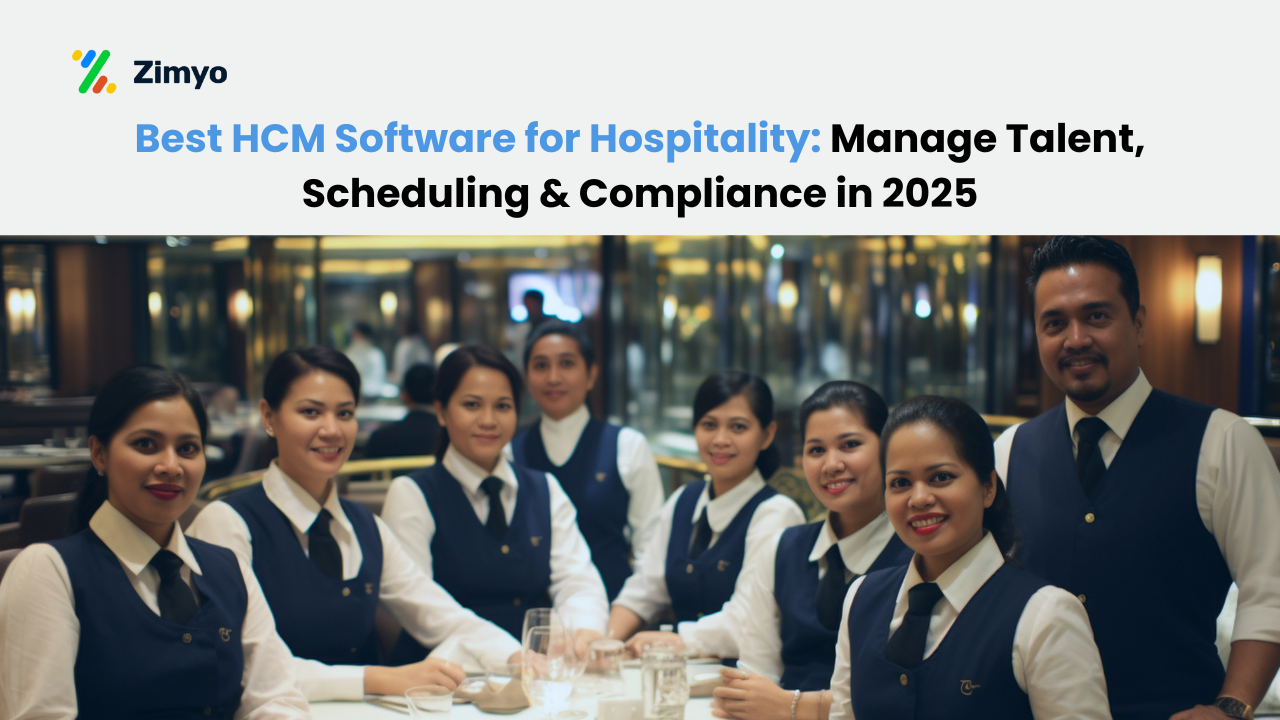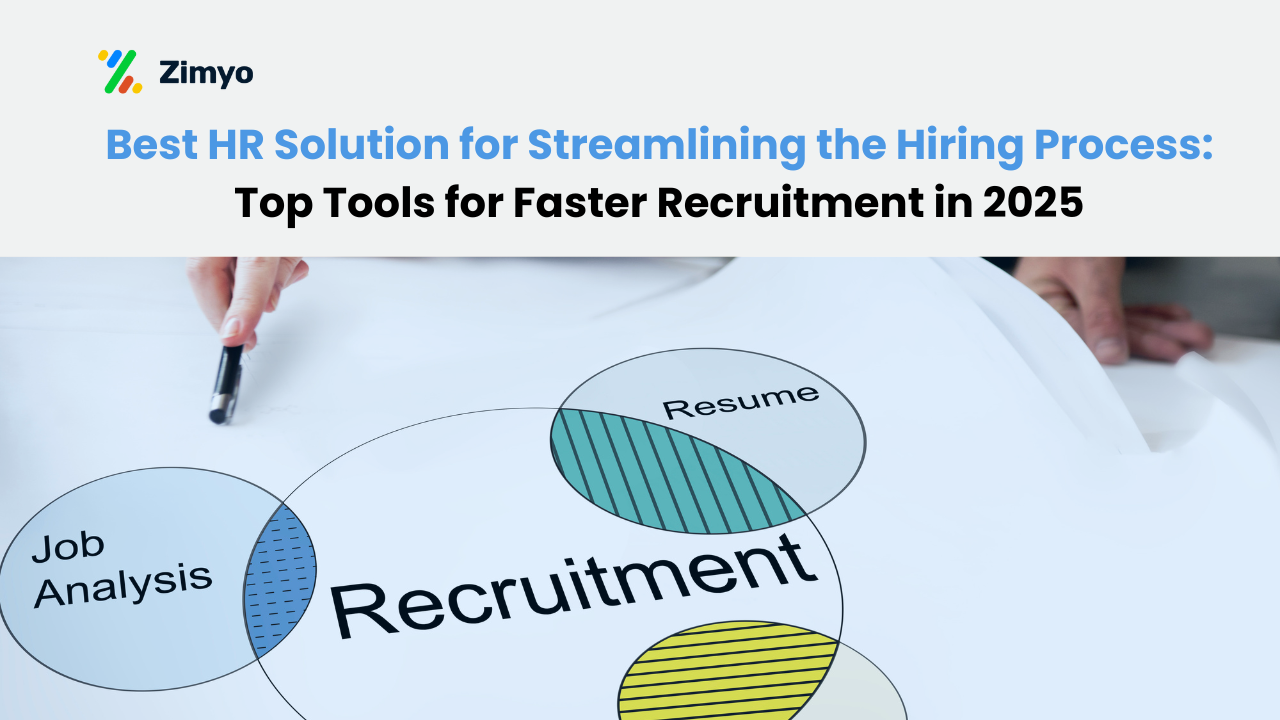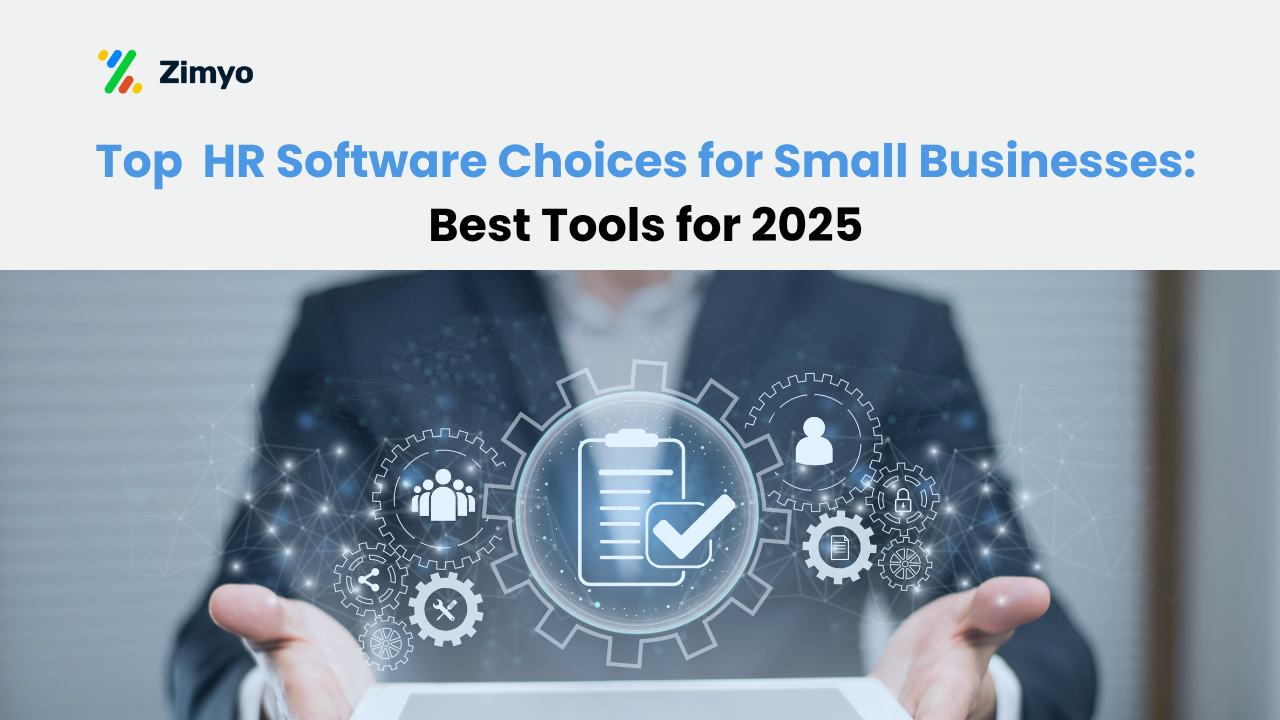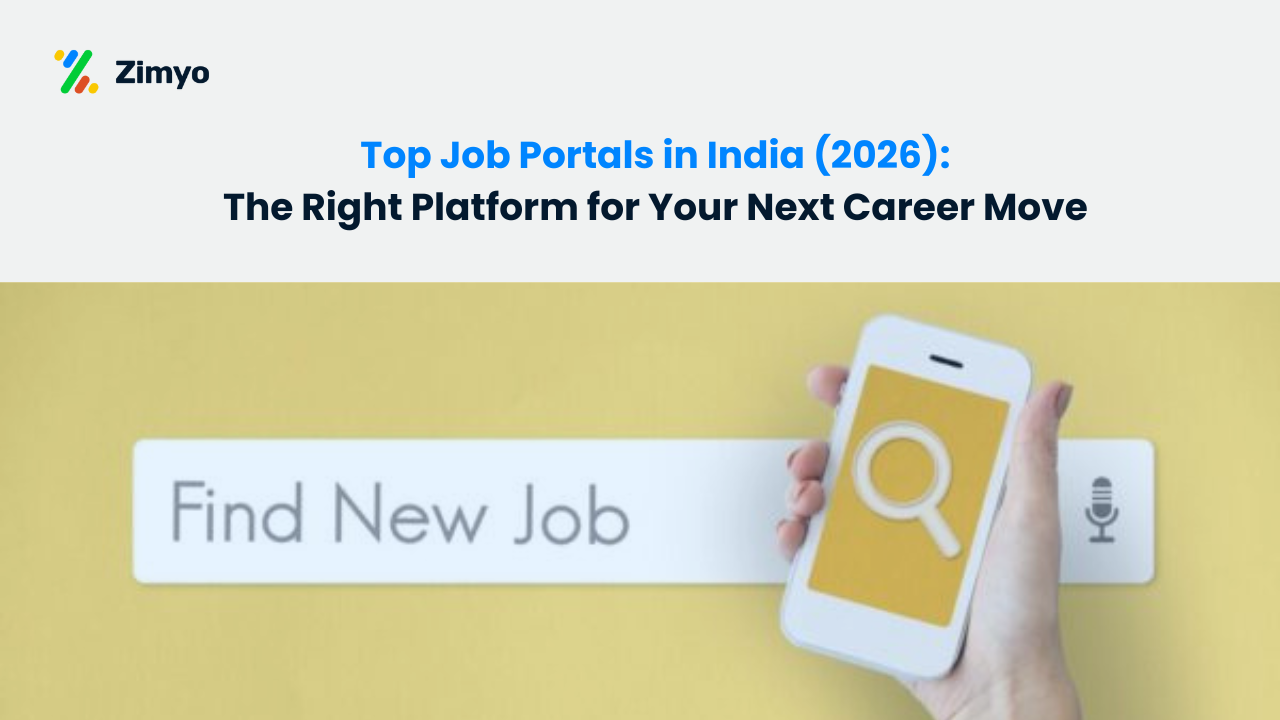Employee well being means more than just not being sick. It means feeling healthy, happy, motivated, safe, respected, and supported every single day. In today’s fast-moving work world, companies are finally realizing that their people are their biggest strength. When employees are mentally strong, physically fit, and emotionally secure, they bring their best selves to work. And when they don’t feel well, everything slows down.
This is why HR tech, which stands for Human Resource Technology is becoming such a powerful tool. It helps companies take care of their employees in smart, quick, and thoughtful ways.
Let’s dive into how HR tech is changing the way companies support employee well being:
Prioritizing Employee Well Being: The Role of HR Tech

Following are the pointers that reflect the role of HR Tech in employee well being:
- Mental Health Support Like Never Before
- Health and Wellness Programs Made Easy
- Flexible Work Is No Longer a Dream
- Communication That Builds Trust
- Learning and Growth That Uplift the Soul
- Policies That Are Clear as Day
- Rewards That Feel Personal and Special
- Feedback That’s Timely and Supportive
- Experiences Made Just for You
- Data That Helps Build a Better Workplace
Let us describe each of these in detail to make you understand better how HR Tech plays an important role in employee well being.
1. HR Tech's Mental Health Support Like Never Before
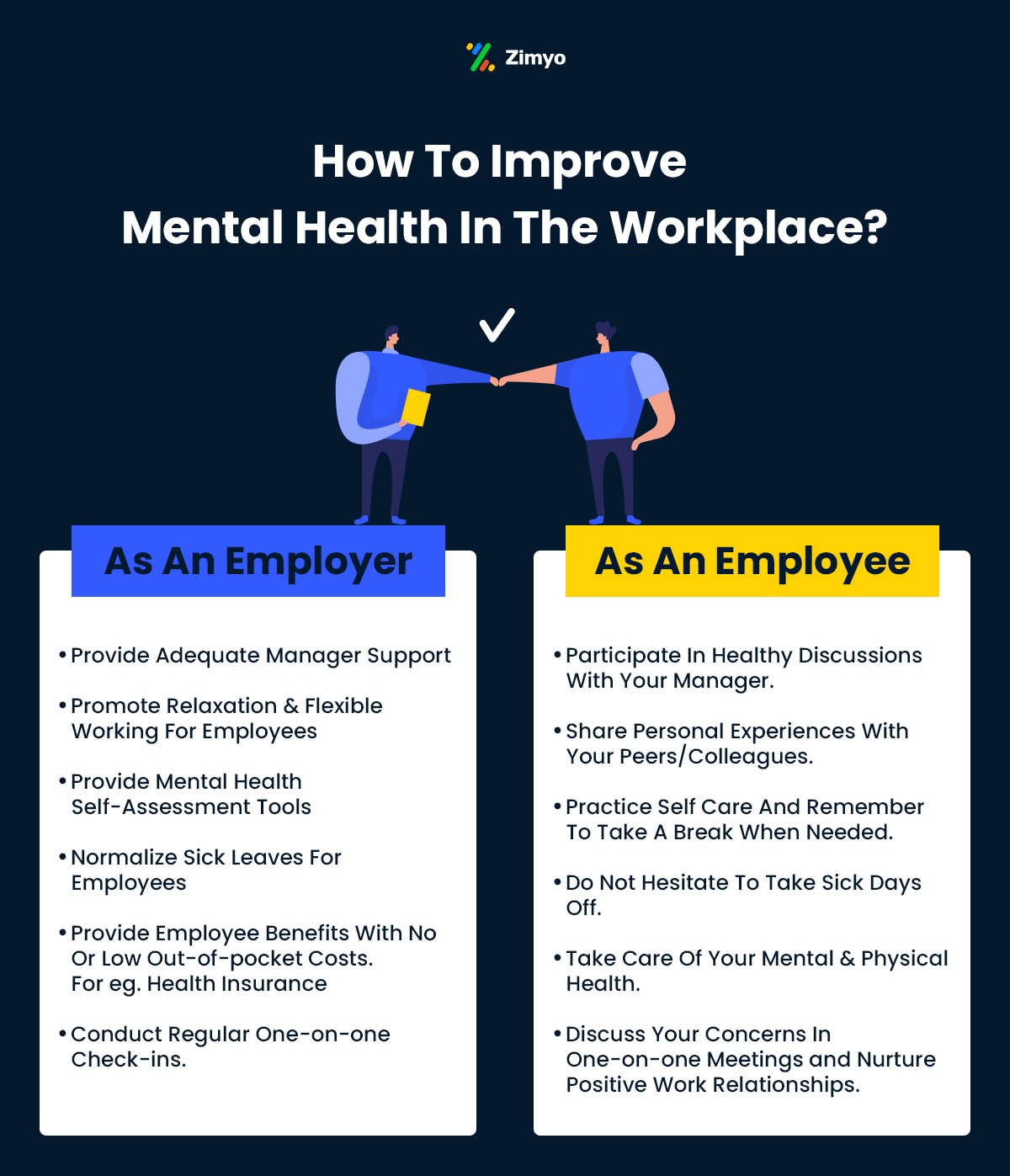
In the past, talking about mental health at work was rare. People were scared to share their struggles. But now, HR tech is helping break the silence.
With apps that offer 24/7 counseling, stress checks, and mood trackers, employees can quietly get help without anyone judging them. Some platforms even let you talk to therapists through chat or video calls. Others send daily reminders for breathing exercises, journaling, or guided meditation. These small steps can change someone’s whole day, especially if they’re feeling overwhelmed.
By making mental health tools a normal part of work life, HR tech helps employees feel safer, stronger, and more in control.
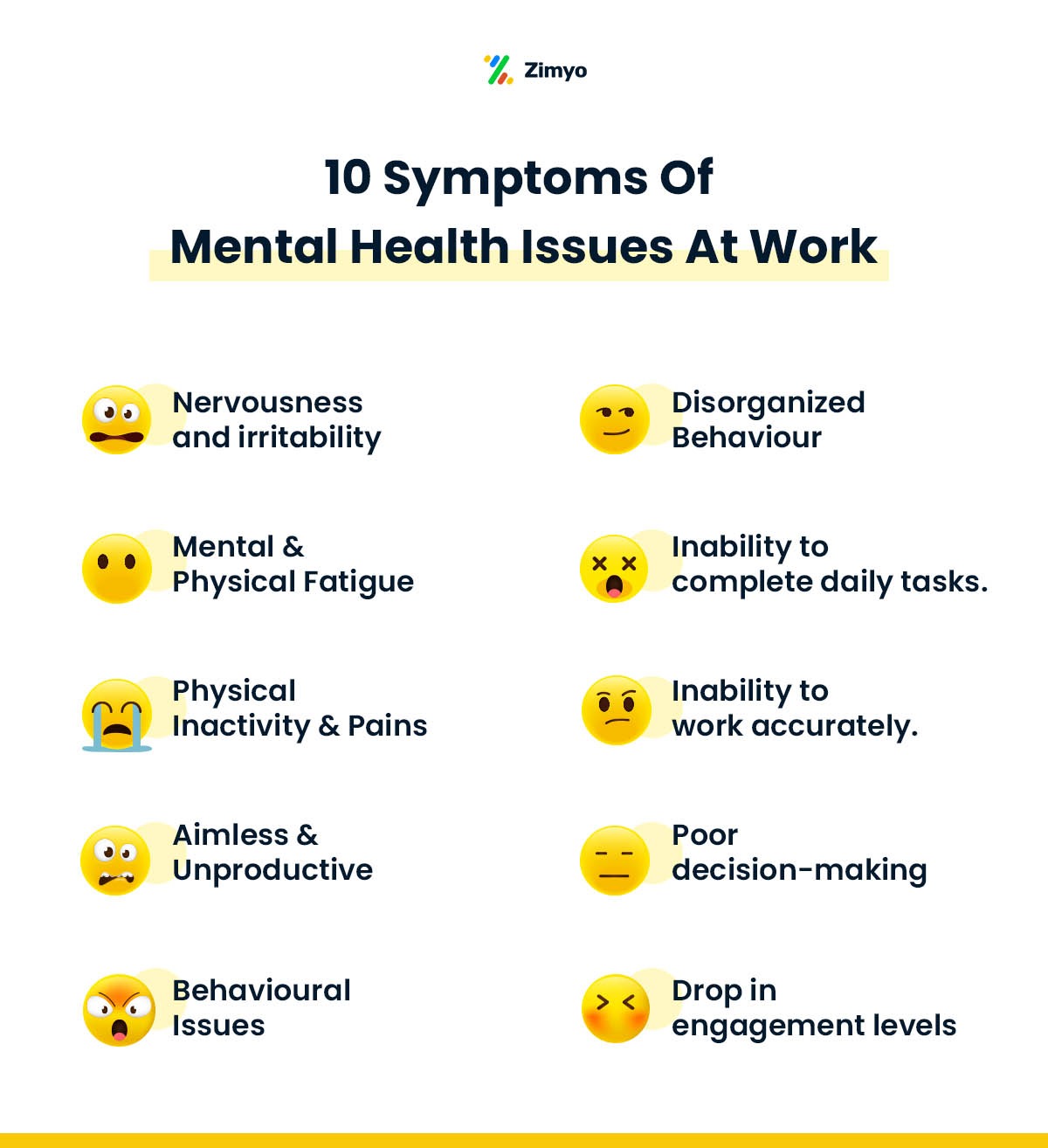
2. Health and Wellness Programs Made Easy

Gone are the days when wellness meant just a yearly health checkup. Now, it’s about daily, real-time employee well being. HR tech has brought health into the palm of your hand.
Apps now track your steps, sleep, water intake, heart rate, and more. Some platforms connect with fitness watches and give you fun challenges like “walk 10,000 steps in a day” or “join a 7-day yoga streak.” Others reward you with gift cards or recognition when you complete a health task.
This turns wellness into a fun, friendly game and makes people more excited about staying healthy. Healthier employees take fewer sick leave, feel more energetic, and spread good vibes to everyone around them.
3. Flexible Work Is No Longer a Dream with HR Tech

Many people used to spend hours stuck in traffic, reaching work tired and late. Others missed family time because of fixed 9-to-5 shifts. HR tech has changed all that.
Now, cloud-based platforms allow people to work from home, from a cafe, or even while traveling without any drop in productivity. Employees can check tasks, join meetings, and upload files from anywhere, anytime.
This freedom means people can plan their day around their life not just their job. Whether someone is a parent, a student, or simply needs quiet time to focus, flexible work supported by HR tech makes life better.
4. Communication That Builds Trust
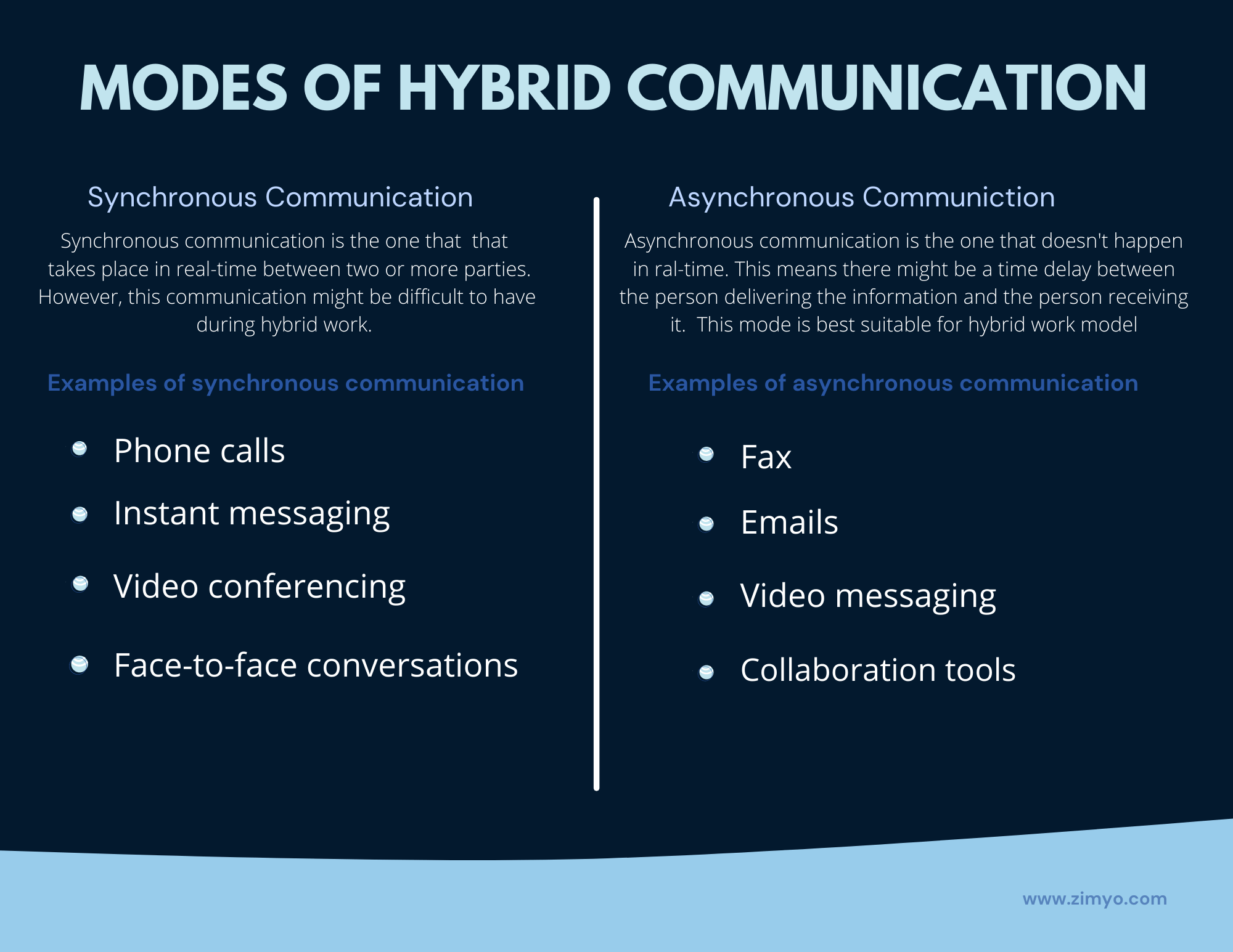
Miscommunication creates stress. If you’re unsure about your work, your leave status, or who to contact, it builds confusion. HR tech removes all that guesswork.
With tools like chatbots, HR dashboards, and instant messaging, employees can ask questions and get answers in seconds. Many platforms also let workers anonymously share concerns or feedback, which builds safety and honesty.
When communication flows freely, trust grows. And where there’s trust, there’s peace of mind and mental comfort.
5. Learning and Growth That Uplift the Soul

No one wants to feel stuck. When employees stop learning, they start losing interest. That’s why HR tech platforms now come with built-in learning libraries, skill courses, and training videos.
Employees can choose what they want to learn soft skills like public speaking, hard skills like coding, or even new hobbies like photography. Some tools also suggest personalized learning paths based on your job or career goals.
Learning not only improves performance, it boosts confidence, self-worth, and mental satisfaction. It shows the company believes in you and wants you to grow.
6. HR Tech Makes Policies as Clear as Day
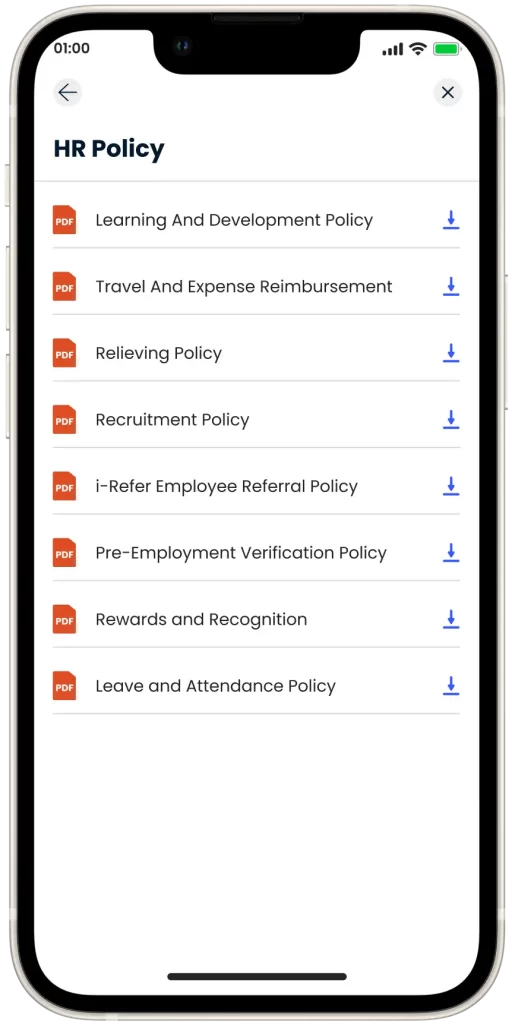
Confusing rules create tension. When people don’t know how to apply for leave, when they’ll get paid, or what their rights are, they feel unsure and nervous.
HR tech brings clarity. Digital HR systems show every rule and policy in one place, in simple language. Employees can check their leave balance, pay slip, insurance details, or work benefits with just one click.
This transparency removes stress and gives people the power to understand their rights and plans.
7. Rewards That Feel Personal and Special
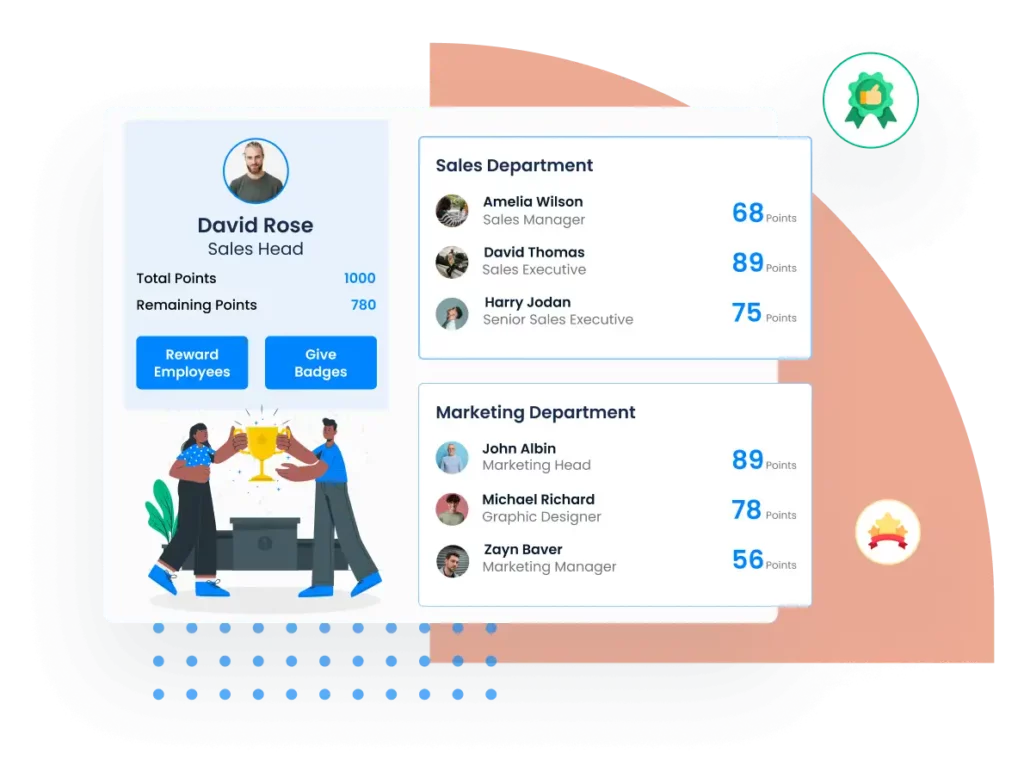
Everyone wants to feel noticed. A simple “thank you” can lift someone’s mood for the whole day. HR tech makes it easy for managers and teammates to give digital shoutouts, points, badges, or even gift vouchers.
Some platforms allow you to choose your own reward, a coffee card, movie ticket, or charity donation. This makes recognition feel personal and real.
When employees feel appreciated often, they feel more connected to their work and more inspired to do even better.
8. Feedback That’s Timely and Supportive
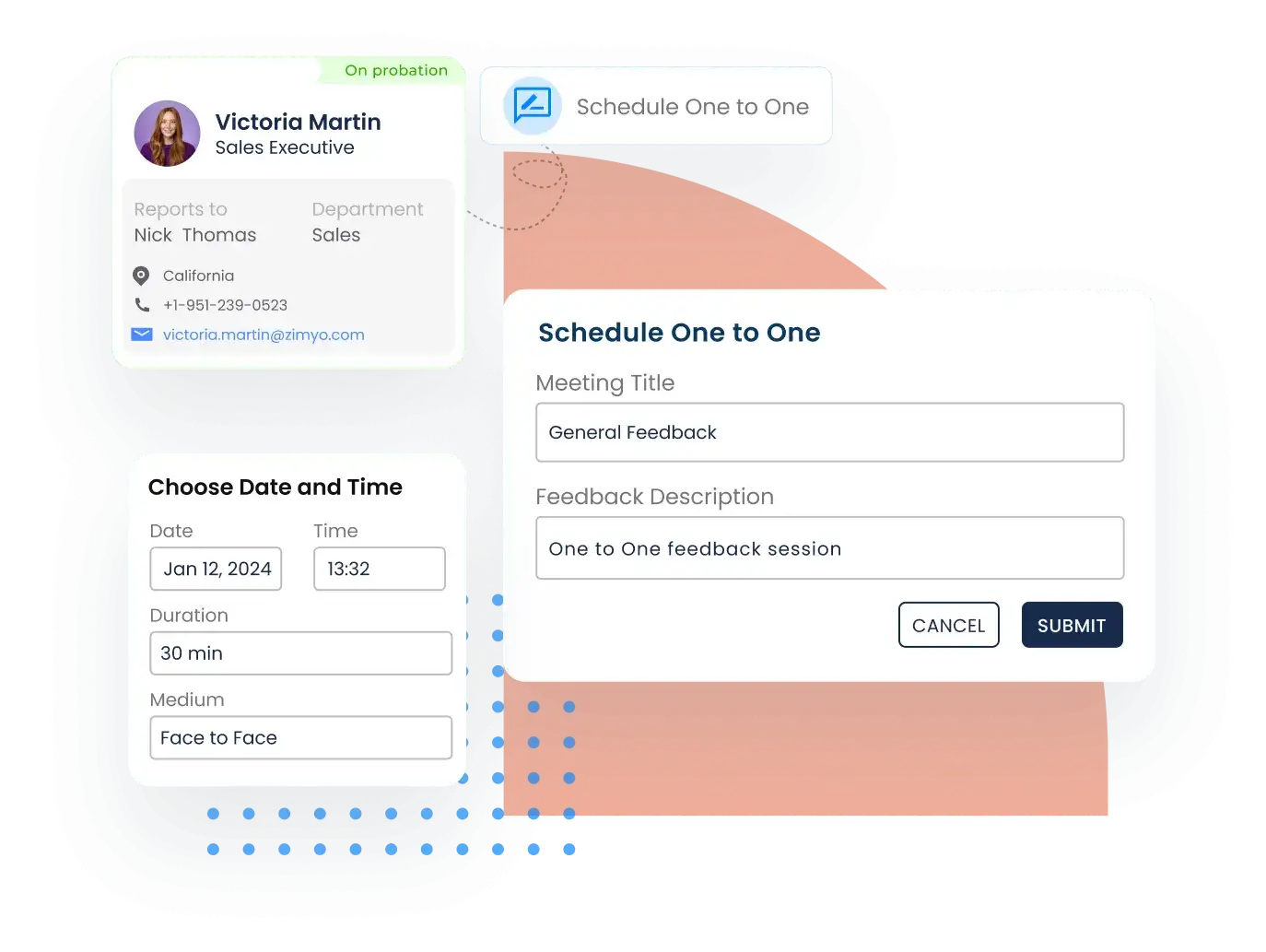
Waiting for a yearly performance review is outdated. People need guidance when it matters most, not months later.
With HR tech, managers can give real-time feedback after a project, presentation, or meeting. This quick advice helps employees adjust and grow without feeling judged.
It also creates a culture of ongoing support instead of once-a-year pressure. Employees feel like their managers are partners, not critics.
9. HR Tech Provides Experiences Made Just for You
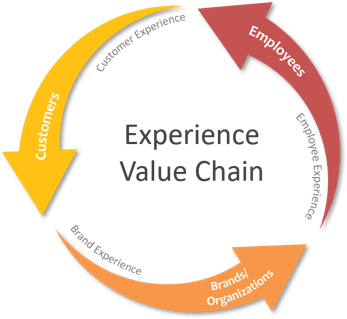
Every employee is different. One may want more flexibility; another may need help with stress. HR tech understands this and offers personalized wellness journeys.
Based on your role, habits, and choices, HR tools can suggest the best workouts, mental health tips, or even food plans. Some tools adjust your training based on your progress and interests.
This kind of care makes people feel seen, not just as workers, but as humans with unique needs.
10. Data That Helps Build a Better Workplace
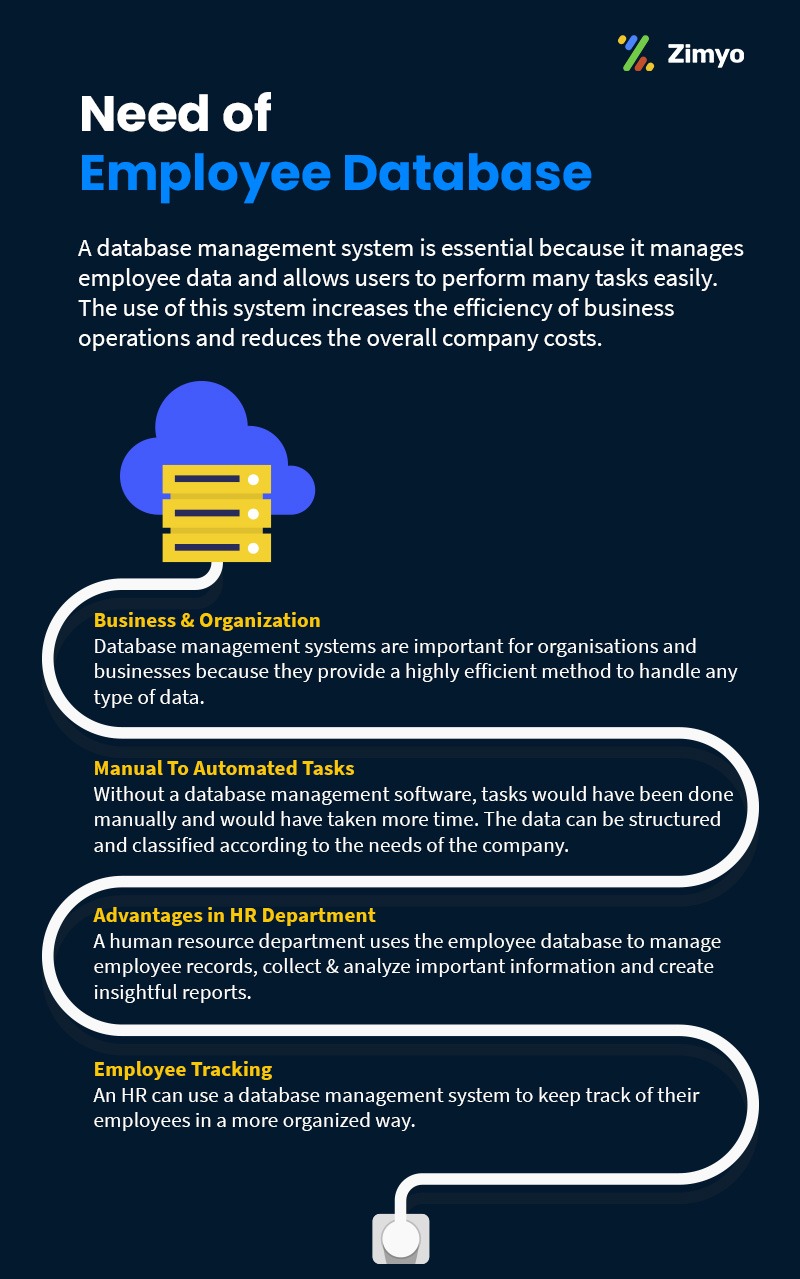
HR tech collects important data, but in a good way. It shows trends like how many people are stressed, who’s overworked, or which teams are missing support.
With this information, HR teams can take real actions, like offering more breaks, hiring more help, or bringing in a wellness coach. It helps them fix problems before they grow.
Data doesn’t just sit in reports, it helps create a future where work feels lighter, kinder, and more human.
Final Words: It's Time to Care More

Employee well being should never be an afterthought. It should be the heart of how every company works. HR tech is not just about automating tasks, it’s about making people feel valued, protected, and joyful at work.
When employees feel truly well, body, mind, and soul, they do magical things. They think better, create more, and build workplaces that shine with energy.
With the right HR tech, every company can create a world where work doesn’t drain people, it heals, inspires, and lifts them.
Frequently Asked Questions (FAQs)
What is the role of HR in employee wellbeing?
The role of HR in employee well-being is to make sure that people feel supported, respected, and cared for—not just as workers, but as human beings. HR creates a safe space where employees can speak up, ask for help, and grow without fear. They bring in wellness programs, mental health support, flexible work options, and learning opportunities that keep people healthy, balanced, and motivated. By listening with empathy and acting with care, HR becomes the heart of the workplace—making sure every employee feels valued, heard, and happy to be part of the team.
What is the role of HR technology?
The role of HR technology is to make people management smarter, faster, and more human-focused. It helps HR teams handle tasks like hiring, training, tracking performance, and supporting well-being—all in one place. With the help of digital tools, HR tech makes it easy to offer flexible work, give instant feedback, run wellness programs, and keep clear records of policies and progress. It saves time, reduces confusion, and creates a smooth, stress-free experience for both employees and HR. At its core, HR tech helps companies take better care of their people with less effort and more heart.
How do human resource management practices affect employee well-being?
Human resource management (HRM) practices have a deep impact on employee well-being because they shape how people feel, work, and grow every day. When HR practices are fair, supportive, and people-first, employees feel safe, respected, and motivated. Things like clear communication, flexible work hours, regular feedback, learning opportunities, and recognition all help reduce stress and build trust. On the other hand, poor HR practices—like unclear policies or lack of support—can lead to burnout, anxiety, and frustration. Simply put, good HRM practices don’t just manage people—they nurture them, helping them feel well, valued, and ready to thrive.
What is the role of HR for employees?
The role of HR for employees is to be their guide, support system, and voice within the company. HR helps make work life easier by handling things like hiring, onboarding, training, salaries, leaves, and workplace rules. But more than that, HR listens to employee concerns, protects their rights, and creates a safe, respectful space where everyone feels included. They make sure employees have the tools, benefits, and care they need to grow and stay healthy—both mentally and physically. In short, HR is there to make sure every employee feels heard, valued, and empowered to do their best work.
Current Status Of HR Tech In India
Top HR Tech Solutions for Remote and Hybrid Workforces
Financial Wellness For Employees: Is It Worth Your Investment?

